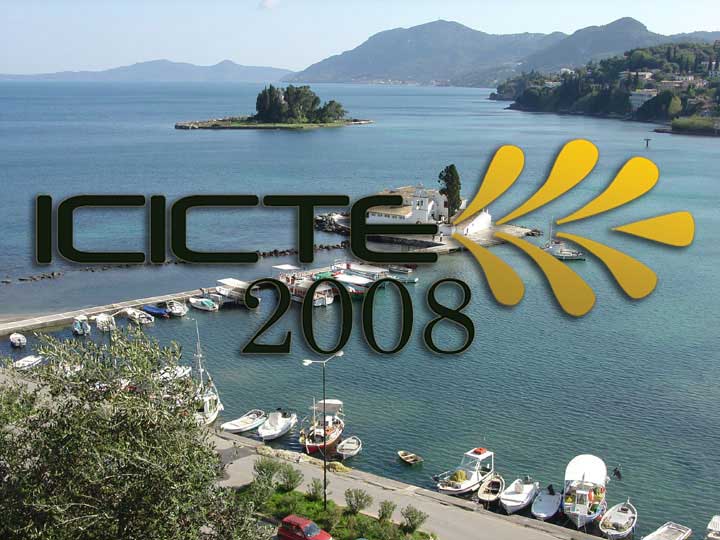A five-year old Native American boy has recently been denied admission to Kindergarten due to his long hair (full story). The boy’s hair is kept long and braided in accordance to his family’s spiritual beliefs. The Needville School District does not allow boys with long hair to attend their schools.
Adriel’s parents want to enroll him at Needville Elementary School. Betenbaugh sent an e-mail to the principal, asking about kindergarten and explaining Adriel’s long hair. The principal replied that the district doesn’t allow long hair on boys.
On June 9, the family met with Curtis Rhodes, the Needville superintendent. Rhodes asked what religion upheld that Adriel could not cut his hair. The family explained there wasn’t a church or doctrine they followed, but they believe that Adriel’s hair is sacred.
Arocha said that his belief is to cut his hair after life-changing events, such as mourning the death of someone he loves.
Rhodes told the family Adriel’s hair would have to go.
I tweeted this story when I saw it a few days ago, and received this reply from Tim Lauer with the School Division’s website and motto “Reaching New Heights of Excellence.”
Here are notable quotations from the site:
We expect our students to exemplify that excellence through self-discipline, character, respect for ones self, and respect for others.
To the full extent of their individual abilities, students will be provided the opportunity to develop the ability to think logically, independently, and creatively and to communicate effectively.
All students will acquire a knowledge of citizenship and economic responsibilities and an appreciation of our common American heritage.
Enough said.
Update: Well maybe not enough. Bill Fitzgerald suggests that the following information may be useful. I will email the link to this blog post to the Superintendent. I also encourage you to pass along your thoughts on the issue.
Needville Independent School District
16227 Highway 36 South
Post Office Box 412
Needville, Texas 77461
Phone: (979)-793-4308
Fax: (979) 793-3823
Superintendent: Curtis Rhodes
Assistant Superintendent: Beth Briscoe


